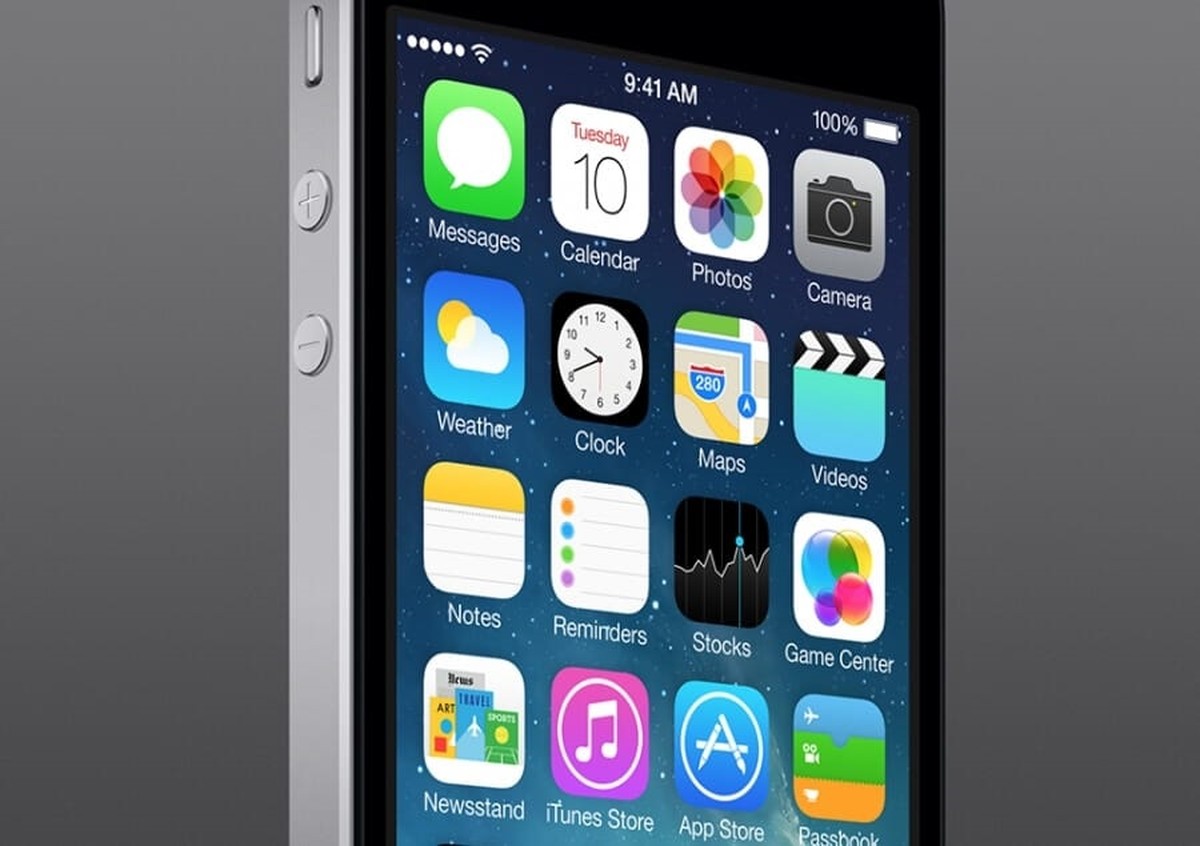10/08/2025
10/08/2025

NEW YORK, Aug 10: In today’s digital landscape, many apps collect extensive user data—sometimes far beyond what is necessary for their functionality. While certain apps, like weather services, require location information to provide relevant updates, others exploit permissions to gather excessive personal information, which may even be sold to third parties.
Even casual users of Android devices may find their data is not as secure as assumed. Below is a list of popular apps known for collecting substantial personal data, along with suggestions for more privacy-conscious alternatives.
5. Google Chrome
Google Chrome and numerous Google-related products are well-known for tracking user activities. Data collection is typically justified as a means to improve user experience via personalized ads and recommendations, using cookies and Google Analytics.
A recommended alternative is the DuckDuckGo browser, which does not profile users or store search histories. DuckDuckGo also blocks third-party trackers. However, its search results may not match the depth and refinement of Google’s search engine, which continually evolves its algorithms. Still, using DuckDuckGo can help reduce reliance on Google’s extensive data collection.
4. Amazon Alexa
Amazon Alexa devices listen for wake words and record voice commands. Recent changes removed the option to process recordings locally, requiring all voice data to be uploaded to Amazon’s cloud for training the assistant.
This raises privacy concerns about who might access the recordings and the sensitive information shared inadvertently. While alternatives like Siri and Google Assistant face similar challenges, open-source platforms such as Home Assistant provide more local control and respect for user privacy in home automation.
3. Facebook (Meta)
Meta, the parent company of Facebook, collects extensive personal data, including chat histories, interactions, events, group memberships, profile details, and browsing history. This level of data retention can be unsettling for many users.
Although switching away from Facebook can be difficult due to established social connections, some users opt to communicate through other platforms such as Google Messages, Samsung Messages, Discord, WhatsApp (with some limitations), Slack, and LinkedIn. Instagram, also owned by Meta, follows similar data collection practices.
For visual content, Pinterest offers browsing with some privacy benefits, such as honoring the Do Not Track setting and allowing use without an account (albeit with limitations).
2. Uber Eats
Uber Eats requires location data to function, but it also collects continuous location tracking in the background, purchase history, and interaction data. This information supports targeted advertising, personalized experiences, and internal marketing.
Research indicates that Uber Eats shares 30% to 50% of collected data with third parties, depending on the platform. To minimize data sharing, consider using the Uber Eats website rather than the app. Alternative food delivery services also tend to collect significant data, even when transparent about it.
1. TikTok
TikTok is widely known for its extensive data collection, which has prompted regulatory scrutiny and threats of bans in various countries. The platform collects location, device information, usage data, interactions, content created, and account details to personalize user experience and improve services.
ByteDance, TikTok’s parent company, is reportedly developing a new app for the U.S. market to isolate American user data from its global systems. Despite these efforts, data collection remains fundamental to the platform’s functionality.
Competitors like YouTube Shorts, Instagram Reels, and Snapchat Spotlight also collect user information to provide personalized recommendations.
Using multiple platforms and limiting time spent on any single app can help reduce data exposure. One alternative to TikTok is Clapper, which offers curated content with fewer ads and restrictions to promote higher-quality viewing experiences.
Privacy tips
Finding apps that do not track users at all is extremely difficult. It is advisable to adjust privacy settings—such as opting out of personalized ads, using incognito modes, and deleting histories regularly—to reduce data collection. Avoid signing into accounts when unnecessary to limit data accumulation.
Some users manage privacy by creating separate sub-accounts and diversifying app usage to prevent large amounts of data from being stored in one place.


